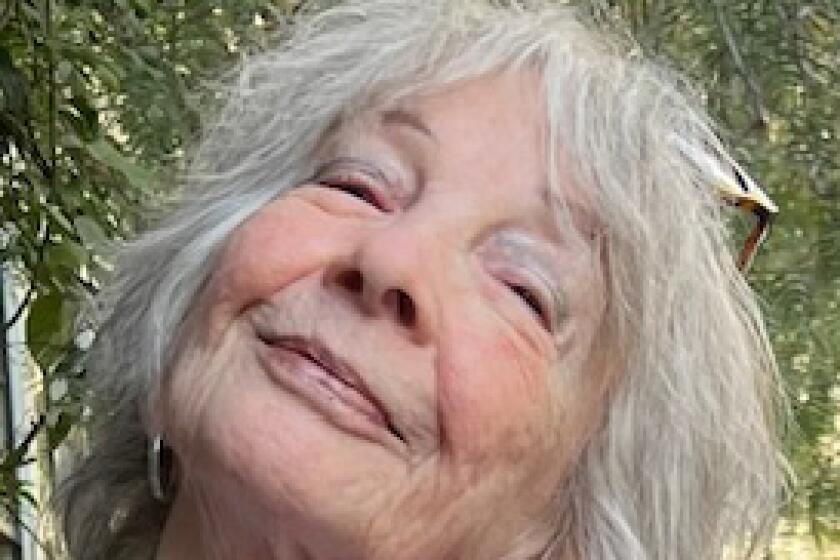BOOK REVIEW / NONFICTION : An Intimate Issue, Ripe for Public Debate : BARREN IN THE PROMISED LAND <i> by Elaine Tyler May</i> ; Basic Books $24, 317 pages
Being childless by choice is hard enough: People who no longer have any free time resent you for having too much; they notice that your hair is combed, your clothes unstained, your brow unfurrowed, and they go into a green rage imagining what you do with your discretionary time.
They feel sorry for you or are offended at your selfishness, none of which is the response you had in mind.
Being childless by biological default is doubly hard: Those same people envy you for having something you don’t want--and attempting to undo infertility can turn into a long, expensive technological nightmare. Worst of all, spending the time and money is no guarantee of success.
The issue of reproductivity, for all its intimacy, has always been one of heated public debate. When Zero Population Growth was at its zenith, it was politically incorrect to have gobs of kids; when issues of race and class enter into the equation, it sometimes seems that the only politically correct thing to do is to get pregnant.
(I recall liberal Democrats urging their peers--who were too busy trying to change the world--to procreate in the 1970s, lest that world be overrun by Republicans.)
Elaine May (I guess with a name like that you have to use your middle name, or everyone will sit around waiting for the punch line) has done an admirable job of charting the history of childbearing--why we do it, or don’t, and how we as a society feel about it. In fact, her thoroughness only serves to highlight a flaw in the book: She provides such a detailed picture of dreadful deeds, all committed in the name of patriotism, or medical science, or God help us, propriety, that the reader wants to scream. What she needs, and what is sorely lacking, is the authorial voice. A little righteous indignation would have gone a long way.
For example, we learn about Dr. Pancoast, who anesthetized a patient, requested a sperm sample from his best-looking student, and impregnated her without her, or her husband’s, knowledge.
When the patient became pregnant, the good doctor confessed to the hubby--but did not deign to tell the wife.
There are all too many similar examples, most of them playing to our lingering notions of what adults--and most of all, women--are supposed to do with their lives. May published an author’s query that drew 500 responses, and some of the quoted replies are exceedingly painful to read.
One woman, a nurse, had a healthy daughter after enduring fertility treatments, but she still could not find peace:
”. . . I pray all the time for another baby but God must hate me. He gives lots of babies to poor drug addicts and only one to me. . . . And I still hated my labor and delivery patients for having more kids. Needless to say I work elsewhere now . . . but I am still stuck in anger and despair.”
On the other hand, women who were childless by choice often rationalized their situation by taking what seem like unnecessarily harsh potshots at moms.
May quotes Ellen Peck, author of the 1971 “The Baby Trap,” as saying, “The men I meet who don’t have children talk about their wives. The men who have kids ask me out.”
The troubling subtext to all this is that there is still no such thing as choice--that the issue of whether to have children is not made in a vacuum.
It divides women who do from women who don’t; it now subsidizes part of the legal profession, and it affords us the perverse opportunity to see news clips of innocent children being shuttled from one home to another in the name of authentic parenthood.
Deciding whether to have children may be somewhat easier, in this age of over-50 moms, but it continues to be controversial--too often the source of anguish, not joy. May has provided rich detail, if not sufficient context. We see how difficult the decision can be; we need to think about why, and how, to effect change.
More to Read
Sign up for our Book Club newsletter
Get the latest news, events and more from the Los Angeles Times Book Club, and help us get L.A. reading and talking.
You may occasionally receive promotional content from the Los Angeles Times.






